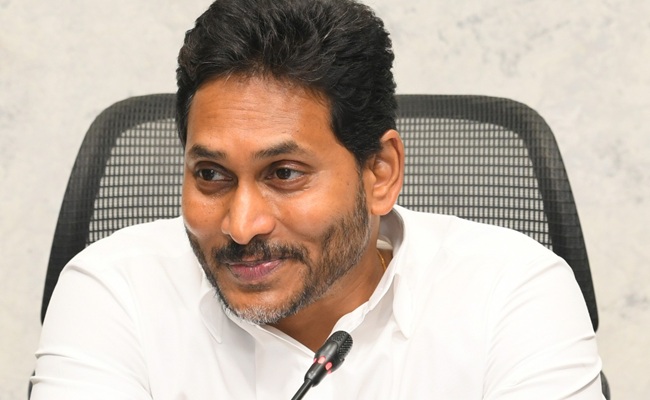
NEW DELHI: Vice President M Venkaiah Naidu on Wednesday cautioned political parties against resorting to vote-catching populist measures on the eve of elections, saying it would affect the expenditure on development.
Interacting with a group of law students from Bengaluru in Delhi, he also pointed out that it was up to the people to strengthen democracy, saying voting was not only a right but a responsibility too.
He urged people to keep in mind "4 Cs" -- character, conduct, calibre and capacity, while choosing their representatives.
Unfortunately, he said some people were trying to weaken democracy by promoting another set of 4 Cs -- caste, community, cash and criminality.
He said the people should make a considered choice while choosing their elected representatives, according to a statement issued by his secretariat.
While referring to electoral politics, he "cautioned political parties against resorting to vote-catching populist measures on the eve of elections, as it would ultimately affect the expenditure on development," the statement said.
The vice president also favoured holding of simultaneous elections to the state assemblies and Lok Sabha.
For strengthening grass-root level democracy, he said there should not be any scope to the states to postpone elections to the local bodies on one pretext or the other.
Describing lawyers as an important stakeholders in ensuring access to justice, Mr Naidu said it is very important that justice reaches the last man as it forms the basis of a stable and prosperous society.
"Sense of injustice often leads to alienation and unrest", the Vice President cautioned.
The vice president was of the view that law enforcement machinery and the justice dispensing structures must be accessible, credible, equitable and transparently even-handed.
"There is a lot of ground we have to cover in this regard," he pointed out.
Referring to the heavy pendency of cases in various courts, he said there were nearly 60,000 cases pending in Supreme Court and nearly 44 lakh cases in the 25 high courts. "We need to take action to reduce this heavy pendency. Justice delayed, as is often said, is justice denied," he emphasised.
He also stressed on the need to promote ADR (alternative dispute resolution) mechanisms saying it was generally faster, less expensive and could reduce burden on the judiciary.













